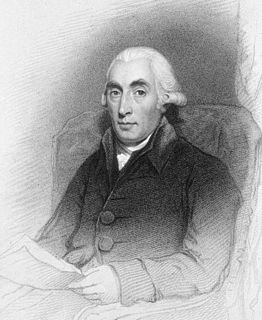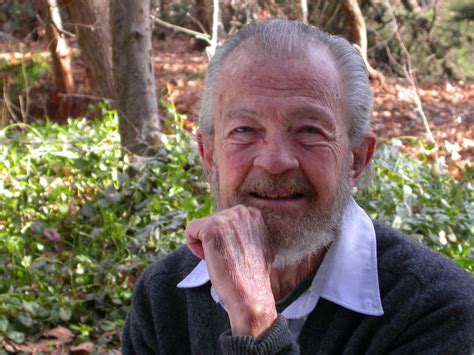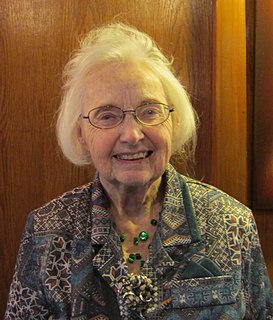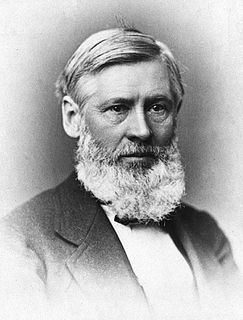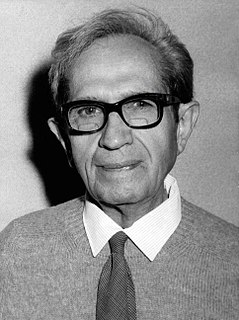A Quote by John B. S. Haldane
The advance of scientific knowledge does not seem to make either our universe or our inner life in it any less mysterious.
Quote Topics
Related Quotes
In this interconnected universe, every improvement we make in our private world improves the world at large for everyone. We all float on the collective level of consciousness of mankind, so that any increment we add comes back to us. We all add to our common buoyancy by our efforts to benefit life. It is a scientific fact that what is good for you is good for me.
There are two questions that get to us all: Are we alone in the Universe? And, where did we come from? For me, science provides a much more satisfactory way to seek answers than does any religion I've come across. With that said, the universe is mysterious and wonderful. It fills me with reverence for nature and our place among the stars; our place in space.
The one function that most gods seem to have in common is to give human existence some ultimate purpose - and, while it is not possible to disprove an ultimate purpose, there does not seem to be any evidence for it. This is not to say, of course, that there is no purpose in life at all: we all make our own purposes as we go through life. And life does not lose its value simply because it it not going to last forever.
If only the scientific experts could come up with something to get it out of our minds. One cup of fixit fizzle that will lift the dirt from our lives, soften our hardness, protect our inner parts, improve our processing, reduce our yellowing and wrinkling, improve our natural color, and make us sweet and good.
The responsibility for the creation of new scientific knowledge - and for most of its application - rests on that small body of men and women who understand the fundamental laws of nature and are skilled in the techniques of scientific research. We shall have rapid or slow advance on any scientific frontier depending on the number of highly qualified and trained scientists exploring it.
Ever since the beginning of modern science, the best minds have recognized that "the range of acknowledged ignorance will grow with the advance of science." Unfortunately, the popular effect of this scientific advance has been a belief, seemingly shared by many scientists, that the range of our ignorance is steadily diminishing and that we can therefore aim at more comprehensive and deliberate control of all human activities. It is for this reason that those intoxicated by the advance of knowledge so often become the enemies of freedom.
My deeply held belief is that if a god of anything like the traditional sort exists, our curiosity and intelligence are provided by such a god. We would be unappreciative of those gifts (as well as unable to take such a course of action) if we suppressed our passion to explore the universe and ourselves. On the other hand, if such a traditional god does not exist, our curiosity and our intelligence are the essential tools for managing our survival. In either case, the enterprise of knowledge is consistent with both science and religion, and is essential for the welfare of the human species.
I suppose my interest in looking for life elsewhere in the universe really dates back to my teens. What teenager doesn't look up at the sky at night and think am I alone in the universe? Well most people get over it, but I never did and though I made a career more in physics and cosmology than astrobiology I've always had a soft spot for the subject of life because it does seem so mysterious.


